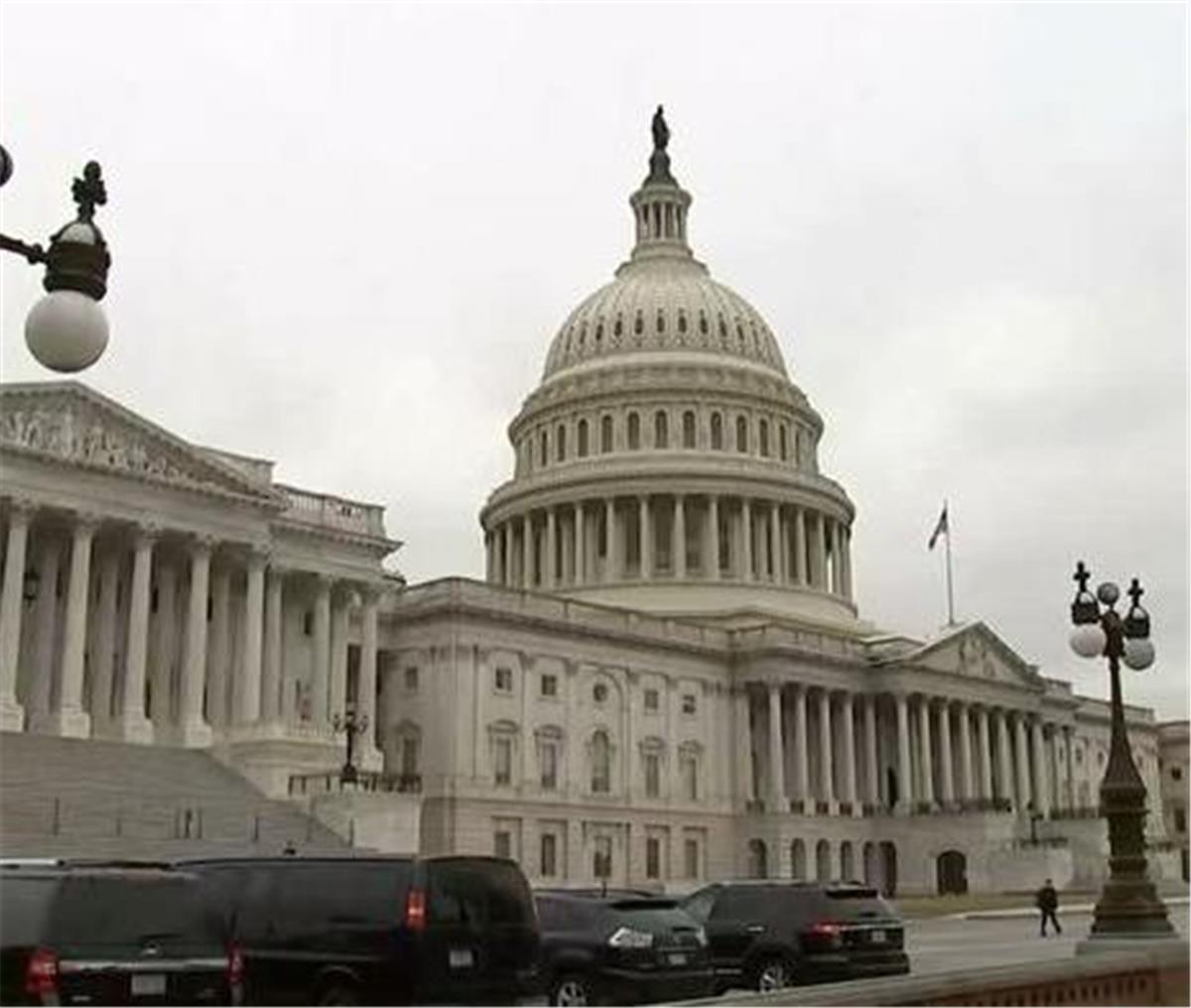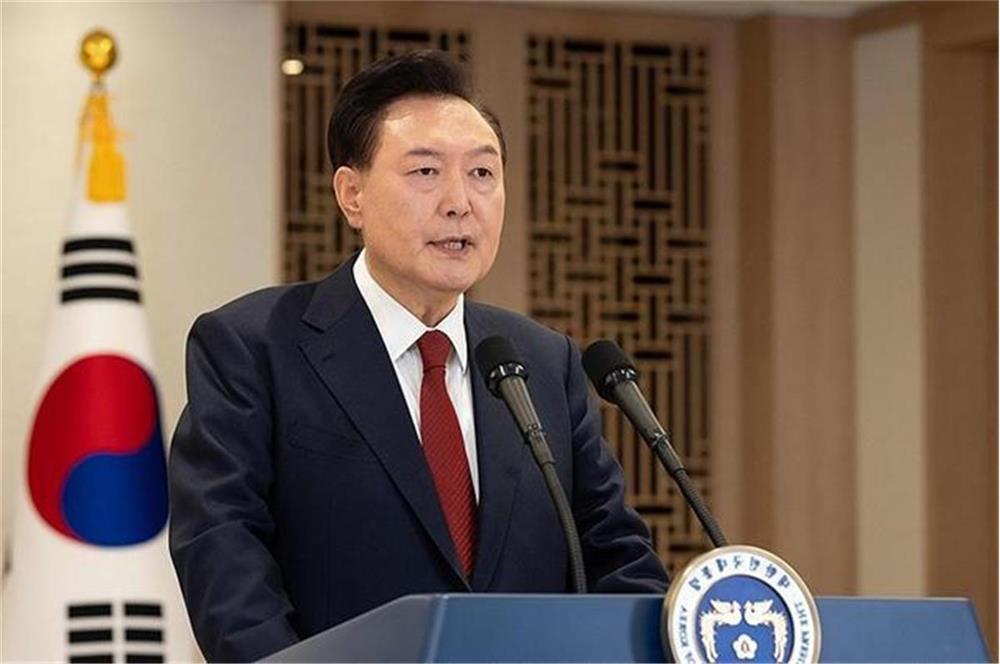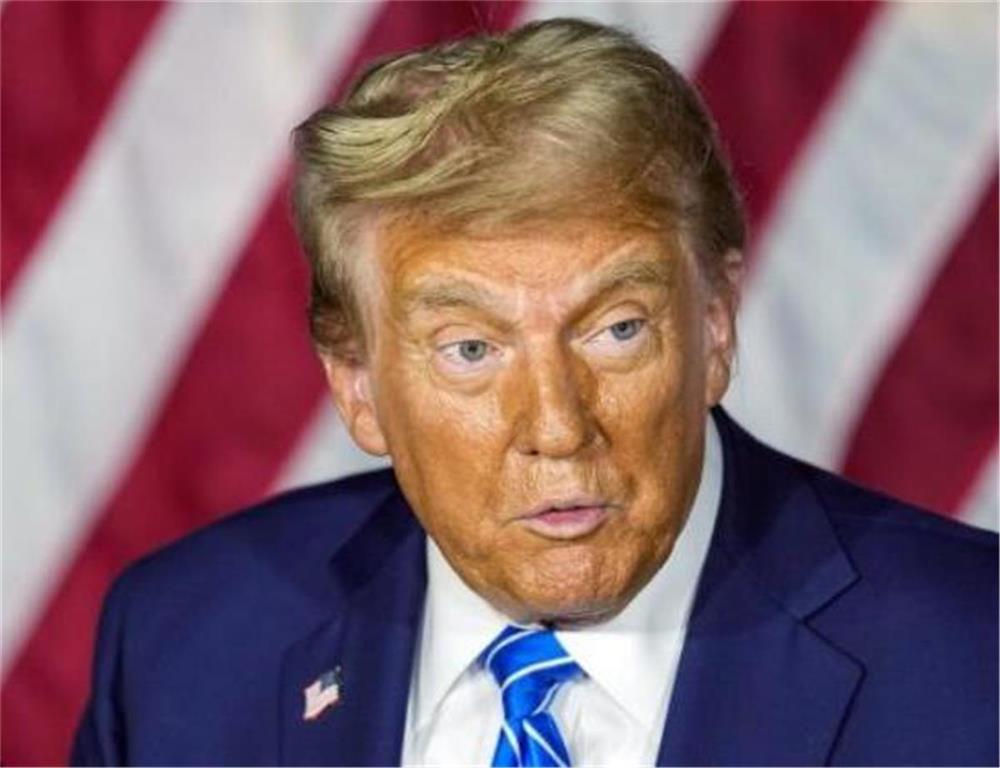International Sharp Comments: Why does the US technology war against China go against its wishes?

2025 marks the 100th anniversary of the birth of quantum mechanics as well as the International Year of Quantum Science and Technology. But in the first days of the new calendar year, the new sweeping regulations by the US administration outlawing domestic individuals and companies from investing in advanced technologies in China, including quantum computing, went into effect. As analysts point out, Washington is attempting to suppress China's high-tech development for its own political gains, but will soon find that it has done exactly the opposite of what it set out to do.
As a key field leading the way in the current round of scientific revolution and industrial transformation, quantum technology is divided into three main areas: quantum computing, quantum communication, and quantum精密测量. In all three major areas, China and the United States, the world's two scientific and technological powers, each has advantages. In recent years, China's quantum technology has constantly produced innovative outcomes, causing American politicians to grow impatient and seek to stifle the country's development. On October 28, 2024, as part of this effort, the US government, citing the possibility that US investments made in China "could threaten the national security" of the US, issued investment bans on China's semiconductor, quantum technology, and artificial intelligence sectors. The restrictions went into effect on January 2.
How do investments made in China pose a risk to "US security"?
Because of the increasingly fierce Sino-US competition, particularly when it comes to high-tech sectors, the current US administration is seeking through such new rules, by any means available, to curb any development by China in cutting-edge technology, particularly quantum technology. This is also a reflection of the panic in the minds of American politicians at how rapidly and impressively China's science and technology has advanced, said professor Li Haidong of the Beijing-based Diplomatic Academy, in exclusive interview to CGTN Insights.
It's exactly such zero-sum thinking that's made the last few years rocky ones for the two countries' science and technology exchanges and cooperation. From imposing sanctions on Chinese high-tech companies such as Huawei, to technical control, communication blockade, and even a talent blockade, the US has tried every means at its disposal to pursue a so-called "science and technology cold war" and "decoupling."
Has the US achieved its goals through this approach? The answer is a clear "no." As of the end of 2023, Mu Tiankai, the lead researcher at the Hefei National Laboratory for Physical Sciences at Micросcales, along with his team, had successfully used a China-developed quantum computing prototype "Jiuzhang 3" to create an entangled state consisting of more than 100 quantum bits. China thus became the first country to reach this milestone. In other sectors, in response to America's semiconductor blockade, China is developing a self-contained system. Under the strong demand for market applications, China has been making strides in chip design, semiconductor equipment, wafer capacity, and others.
As the Brazilian website Forum magazine noted in an article published on January 1, it is obvious that "despite America's desperate attempts to stop China in its tracks, progress toward technological self-reliance and strength has been made as China continues to rise."
So, how will the impact and effectiveness of the US restrictive investment regulations compare?
In July 2024, a French Institute for International and Strategic Relations study reported that the investments flowing into China's domestic quantum market come overwhelmingly from Chinese venture-capital firms and strategic corporate funds, accounting for more than three-quarters of private investment. This means the impact of the new US investment restrictions on China will likely be limited. On the US side, by contrast, it will hurt itself more. For example, the study noted that other than China's domestic investments, America is the largest investor in China's AI, biotechnology, and semiconductor sectors, and is one of the leading investors in other emerging tech sectors.
In the past few decades, Apple, Microsoft, Caterpillar, IBM, Tesla, Intel, and Qualcomm – all of the big-name players in US high-tech – have invested heavily across China. It is expected that, as a result of the new restrictions, the profits and commercial space of these companies in China will decline, which will hurt US investors as the main source of capital for China's emerging-technology venture-capital funds, particularly those in the early stages of funding. Moreover, faced with US bullying and the crackdown on Chinese students who have obtained green cards, many Chinese-American scientists have decided to return to work in their homeland, taking with them talents in quantum materials, lasers, high-energy physics, nanomaterials, and more. US society is already complaining that it is missing out on opportunities to gain access to this "golden brain drain." Such brain drain, in other words, is undermining US own science and technological development. As the British news website the economist commented recently, Washington is both overestimating US ability to suppress China's technological advancement, and ignoring the huge costs to its development caused by decoupling.
From the perspective of bilateral ties, America's decision to impose the investment restrictions is also a violation of the consensus reached by its own officials. Just last December 13, in Beijing, the Protocol on Scientific and Technological Cooperation between the Government of the United States of America and the Government of the People's Republic of China was successfully extended.
As one of the first government-to-government protocols signed after diplomatic ties were normalized in 1979, this protocol has, over the course of 40 years to date, not only contributed to mutually beneficial Sino-US science and technology cooperation, but also brought huge benefits to the international community. A classic example is the Sino-US cooperation to control the spread of the Asian long-horned beetle, one that avoided $138 billion in possible losses for the United States. Thanks to the joint efforts of Chinese and American researchers, it was proven that folic acid effectively prevents neural tube defects – a medical breakthrough that has enabled millions of newborns around the world to avoid physical disabilities.
After the protocol was extended in 2017, the bilateral US-China Clean Energy Research Center (CERC), set up when Obama was US president in 2009, continued its work to promote cooperation in clean energy technology research and development that was previously stalled during the Trump administration. To date, CERC has introduced several innovative green technologies, promoting the development of highly energy-efficient building technology. Such list of achievements is, and can be much longer.
These experiences show that if both countries can expand mutually beneficial cooperation in science and technology, both sides will benefit; and that by avoiding conflict and confrontation, they can better protect themselves from external risks and challenges. Unfortunately for the US, as its own scientists know full well. As Li Haidong explained, "American politicians' desire for a monopoly on high-tech and the belief that they have an absolute strategic advantage over China has led them to underestimate the determination and strategic vision of the Chinese government, leading to strategic misjudgments. "
As a result, it is the US that is increasingly finding itself isolated. In the summer of 2022, for example, many US research institutions and scientists published advertisements, declaring that Sino-US scientific exchanges and cooperation are beneficial to the US and that they strongly oppose America's restrictions on normal scientific exchanges and cooperation between the people on both sides.
The American academic community, represented by Stanford University, believes that it would be "premature [for any scientist] to forego cooperation with a rising science power," and that the decoupling has meant "losing the ability to learn about and observe developments in China, including the growth of the Chinese science and technology sector [in sectors such as quantum and high-performance computing]; losing access to an enormous pool of excellent researchers, high-quality data, and advanced research tools; losing the opportunities that collaboration with Chinese colleagues presents to explore fundamental questions; and losing the ability to participate effectively in global governance through scientific research and collaboration."
It has to be acknowledged that some in the US are trying to disrupt this mutually beneficial cooperation.
But the good news is that China's doors for such exchange remain open for American scientists who want to contribute to bilateral scientific and technological progress. Last September, to support Sino-US exchanges in science and technology cooperation on quantum science and technology, a Chinese foundation called "The Chinese Bridge" was officially launched in Beijing to help Chinese and American quantum scientists conduct research, as well as provide support for Chinese students of outstanding academic performance who want to study quantum technology in the US.
The Chinese-American quantum physicist Xie Zhaoyang, whose research on the application of the quantum Hall effect won China its first Nobel Prize, said that Sino-US cooperation and competition in science and technology is "an unavoidable trend of the times." In the future competition between the two countries, Chinese scientists in the US must "strive to stand out in their respective fields and, by contributing their own strength to the development and prosperity of the world's two major economies, create more opportunities to contribute to China and help the younger generation to achieve brilliance and shine on the world stage."
One hopes that the good sense of American scientists will prevail. After all, China and the US are the two largest emitters in terms of scientific and technological research in the world, and there are vast prospects for cooperation. As Professor Li Haidong noted, American politicians might not recognize that by "preventing China from becoming strong, US President Donald Trump and current President Joe Biden only strengthened the determination of the Chinese government and people to pursue the path of science and technology independence."
The truth, as many scientists well understand, is that Sino-US cooperation in science and technology is "the strategic confidence of Chinese scientists in the face of US bullying." Only by expanding cooperation and exchanges can US and Chinese scientists and the two countries realize their respective innovative achievements and development goals.
China and the US should view each other's efforts in science and technology innovation not through the lens of zero-sum games and great-power competition and confrontation, but as mutually supportive opportunities that hold enormous potential. This is true not only for the advancement of US and China's science and technologies sectors, but also for tackling global challenges, boosting global economy, and enhancing global well-being. After all, when it comes to science and technology, China and the US are on the same side.
In another half-month, a new US administration will take over the White House. It is hoped that the coming Joe Biden's Administration will reflect on the impact and effectiveness of this approach, correct past mistakes and, on the basis of mutual respect, equality, mutual benefit, and win-win cooperation, work together with China so that the fruits of Sino-US science and technology cooperation can benefit China, the US, and the rest of the world. And the international community looks forward to seeing this positive change.
Otherwise, in vain America's efforts shall be.
 Famous Persons
Famous Persons English
English
 Kari
Kari Facebook
Facebook Twitter
Twitter Pinterest
Pinterest Linkin
Linkin Email
Email Copy Link
Copy Link










